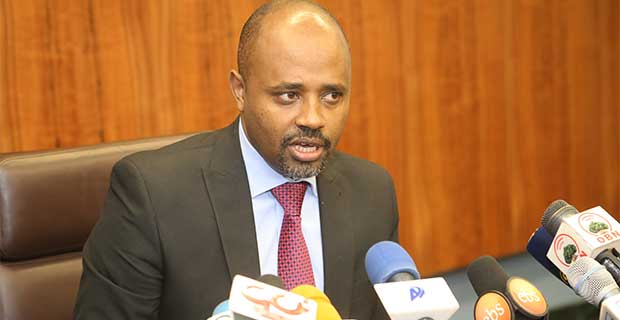
The Ethiopian Ministry of Finance reports that its economic policies to mitigate macroeconomic imbalances are starting to show positive results, despite negative effects on finance availability to manage the country’s debt.
In a statement at the beginning of the week, State Minister of Finance Eyob Tekalign affirmed that the rigorous macroeconomic policies that the government has been adopting during the past two years are starting to pay off. Some say this is not the case considering the high rate of inflation that the country has been recording and its inability to pay off debts that have affected the confidence investors and donors have in the country’s capabilities.
One of the main aspects that the government has been focused on addressing is the imbalance between expenditure and revenue. According to Eyob, one of the main approaches that the government is taking is to increase both production and productivity.
The country is currently investing a significant amount in selected sub-agricultural commodities including wheat, coffee seedling, and mango among others, for export and import substitution. On the other hand, the State Minister also revealed that the macroeconomic measures have helped the country modernize its monetary policy and establish a treasury bill market worth 50 billion Birr last year, describing it as “one of the biggest achievements.”
Addressing recent concerns stemming from Ethiopia’s statement of intent to adopt a G20 debt suspension framework, Eyob said that despite these concerns, the country has been able to reduce its debt deficit by about 7 percent; a step in the right direction. He also expects inflation rates to balance out once the country is past the effects of the inflation accumulated over the past 15 years.
